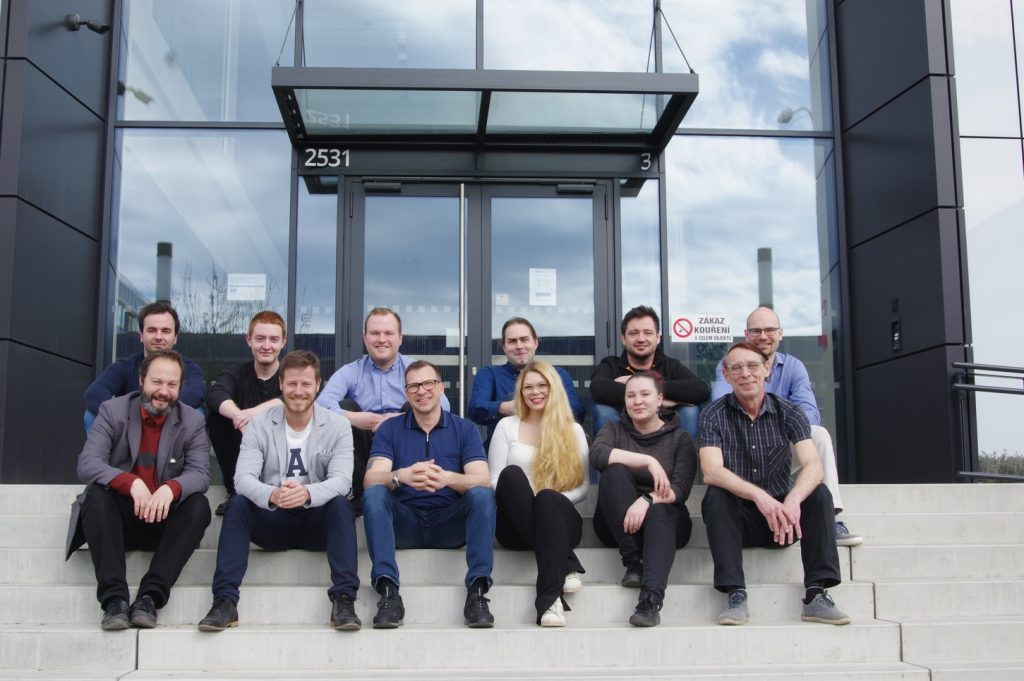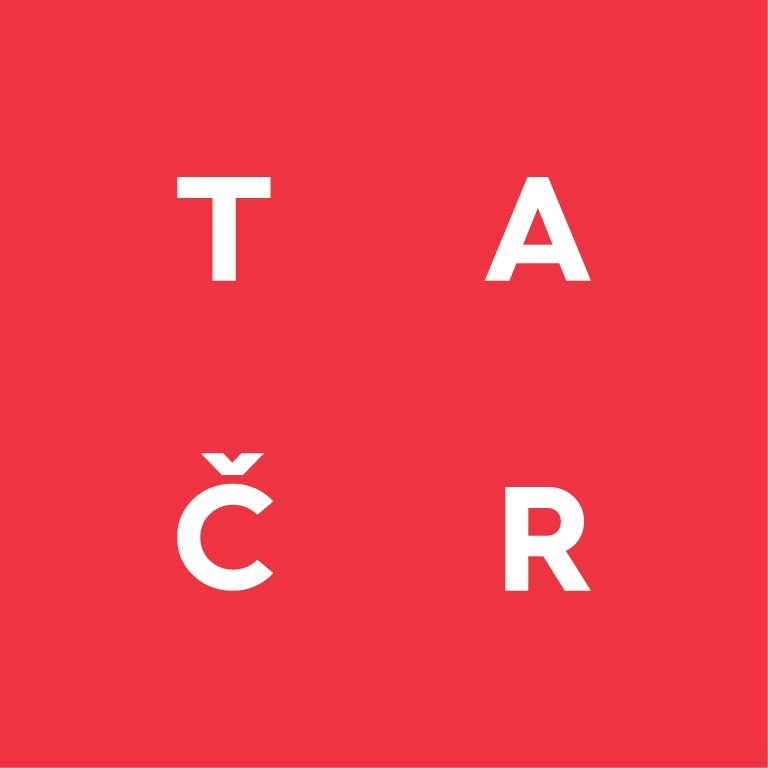
To develop new sensors for industrial applications that can be used primarily in the areas of water, foundry and materials engineering, these are the goals of another NCC MATCA project called Sensorika for the 21st century. This was chosen as one of the 12 projects supported under the National Recovery Plan. NCC MATCA, coordinated by the Institute of Physics, received 144 million crowns for it. It will last 3.5 years and is funded by the European Union.
Maintaining a healthy modern society and economy in the 21st century shows an increased demand for new multifunctional materials and interfaces with precisely adaptable properties and many physical, electronic, chemical and biological functions. This requires materials and technologies beyond the current state of knowledge. The implementation of the project and its expected results want to help solve these problems – either with specific products or through better optimization of production processes, their monitoring and control.
“In the field of sensory, we have many years of experience in the Department of Optics of the Institute of Physics and a team of world-renowned experts. Whether for the development of biosensors, chemical sensors, biophotonics or artificial intelligence processing the acquired outputs. Linking the research results of our scientists with the practice is a foregone conclusion for us, so I am extremely pleased that thanks to NCC MATCA and funding from the National Plan for Reconstruction, we can further expand our cooperation with our private sector partners and thus contribute to the increased competitiveness of Czech companies as well as to improving the everyday lives of all of us,” said Alexandr Dejneka, head of the Optics Section and principal investigator at NCC MATCA.
Wastewater quality
In collaboration with partners from both scientific workplaces and industrial companies, scientists will develop sensors for wastewater quality control, for example, as part of NCC MATCA. It will allow rapid continuous testing, measurement of the presence of pathogens in water management, biological samples and possible identification of other health-threatening substances. The technology will be efficient, fast, reliable and, as a result, more affordable than comparable competitive solutions. Nevertheless, the main benefit will be a quicker and more effective response to potential threats and thus the prevention of potential damage to both health and property.
Detection of gases in plasma and smelting processes
Experts affiliated with NCC MATCA will develop new advanced materials, manufacturing technologies and methodologies for a new class of chemical sensors for broad applications. For example, they will be usable for environmental monitoring under the Smart city concept, in industrial plant alert systems, or for early warning systems of the police, rescue system and military. Moreover, the production of sensors and sensor platforms is not yet widespread in the Czech Republic, with not even a single commercial producer in the field of gas detection. The project solution will lead to the development of unique know-how in the field of chemical sensor manufacturing and to the training of qualified specialists who will have insight into the whole chain – from basic research to manufacturing and installation in practice.
Quality control of burning processes
In addition to the development of the boroscope itself, which will allow the visualization of the flame in real time and the burning parameters in extreme conditions, a very important part of the project will be the development and manufacture of a protective casing that shades the measuring apparatus from the source of the heat. It will be used in various kinds of furnaces – cement, foundry and steel works, as well as possibly in other facilities that work with high-temperature fires.
Development of thin layers
As part of the project, a team of experts will develop and test sensors to measure the ionization grade of plasma in the coating thin layer application process. This will allow them to propose a modification of the deposition conditions in order to increase the ionization of the scattered particles hitting the substrate. This will make the resulting layer thinner, saving time for application as well as material and therefore the total cost of production. New specialised versions of coatings will be usable in areas of power reaming, deep drilling and threading, where existing arc coatings are unsuitable due to non-compliant roughness and magnetron coatings do not have the necessary performance.
“This sub-project covers highly topical topics for which there is a societal demand as well as enormous interest from industrial enterprises. Moreover, in the area of chemical sensor development and production, we come up with a topic with which the Czech industry has worked only minimally so far, helping to introduce a new field of high added value to the domestic economy. That’s why cooperation between academia and the private sector makes sense,” said Tomas Jetmar, general manager of NCC MATCA.
Fifteen academic and industry partners are involved in the project. Its results will find application in a wide range of everyday activities – from nuclear and photovoltaic power plants, to environmental care, to climate monitoring inside buildings, to health care. It will result in 13 outputs – functional samples, utility models and proven technologies. The project will suitably complement the AV21 Strategy area (Breakthrough Technologies of the Future – Sensory for AI of the Future), in which the Physics Institute’s Optics Section is active.

 The NCK for MATCA is supported by the
The NCK for MATCA is supported by the